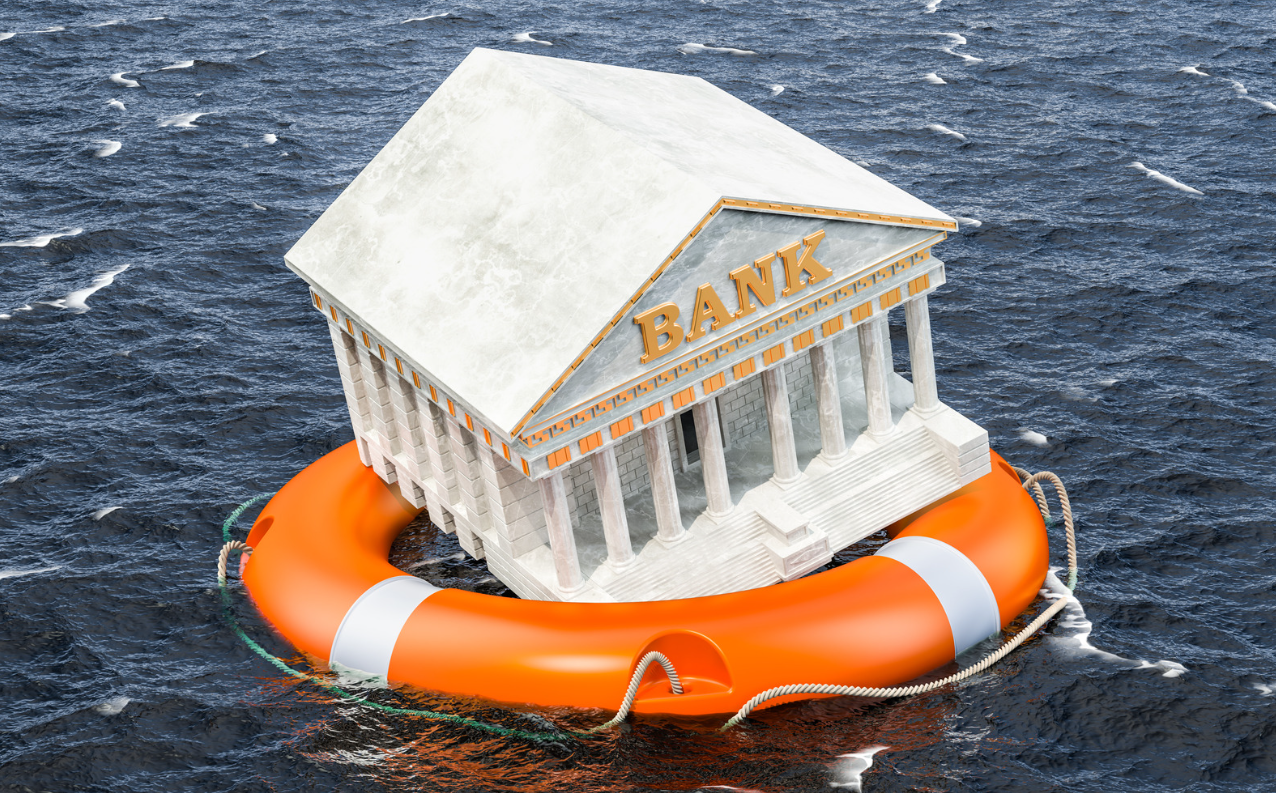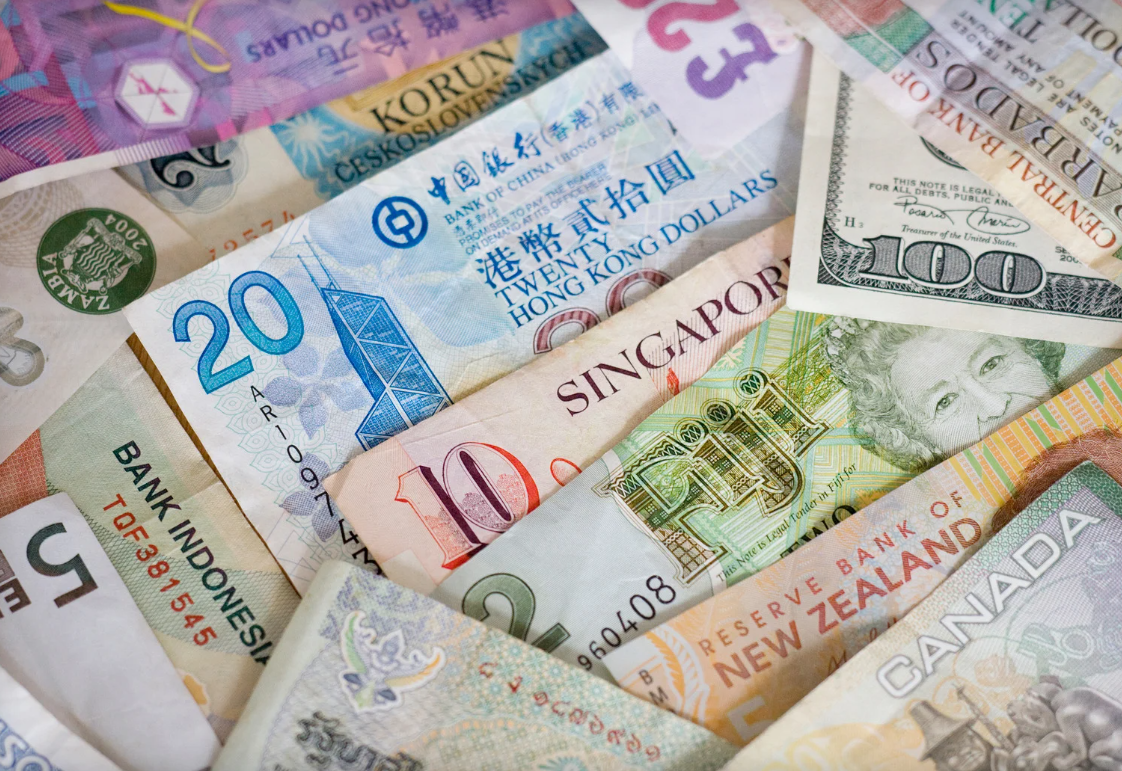Safety and security are core human aspirations. These instincts show up in many areas of our lives, especially our finances and investments. Most everyone keeps their hard-earned money in a bank, where brick, mortar and electronic safeguards secure it for later use. However, when those financial institutions collapse, due to external economic conditions or internal mismanagement, our comfort is violently interrupted. Not only do we fear losing deposits, we also worry about the effect of failure on lending, credit and their costs.
What Happens when a Bank Fails?
The recent implosions at Silicon Valley Bank (SVB) and Signature Bank highlight the stress that follows in the wake of failure. At its most basic, a bank fails when it can no longer honor the obligations owed to its depositors and/or creditors. At such a juncture, the federal government will close a nationally chartered bank or a state government will shut down one holding a state charter. Depositors are compensated -- in part or in full -- by the Federal Deposit Insurance Corporation (FDIC) or, in the case of a failed credit union, the National Credit Union Administration (NCUA).
Banks are more than depositories. They are businesses that lend money, borrow money and invest money that they hold on behalf of their customers. They are able to do this through fractional reserve banking, i.e., account holders agree that the bank can lend and invest a percentage of their deposits at any given time. This arrangement helps to stimulate the economy and business expansion. The bank, nevertheless, is obliged to pony up all a depositor's funds if so requested. In such instances, the bank may have to borrow those monies from elsewhere. Although hard to foretell, bank failures happen when dollars owed exceed assets held, e.g., too many depositors seeking too much money or creditors unwilling to lend any more capital.
How Do Bank Failures Affect the Real Estate Market?
Although few financial analysts think recent bank collapses will severely harm the buying and selling of property, certain changes will occur in any event. Certainly, the failures of recent weeks do not compare to the largest in history: Washington Mutual Bank in 2008, when a bank holding $307 billion in assets was subject to $17 million in withdrawals by depositors within 10 days. WaMu's problems were largely based on the evaporation of the secondary market to which it sold mortgage-backed securities. What about banks like SVB and Signature, the failures of which are not so directly related to real estate?
Such financial catastrophes create an air of uneasiness and concern across many markets. Skittish investors flock to conservative vehicles like bonds and treasury bills. As demand rises, so too do the prices for these assets. In turn, their yields shrink. Meanwhile, mortgage loans, also available for investors to purchase, are sold at lower interest rates to stay competitive. This can lure buyers into the market because the cost of financing is less prohibitive. In this scenario, the bank failures can be a positive for sellers and home value since more purchasers are shopping.
As noted above, the crash at SVB and Signature were caused less by the value of their real estate loan portfolios and more by unwise investments in certain technologies and cryptocurrencies. So, the underwriting strictness that followed the WaMu debacle are less likely to return. Yet if rates do drop, many who were waiting them out may start putting down offers and a consequential uptick in home value may result.
The next installment will review what successor banks do with real estate-owned properties after acquisition.





